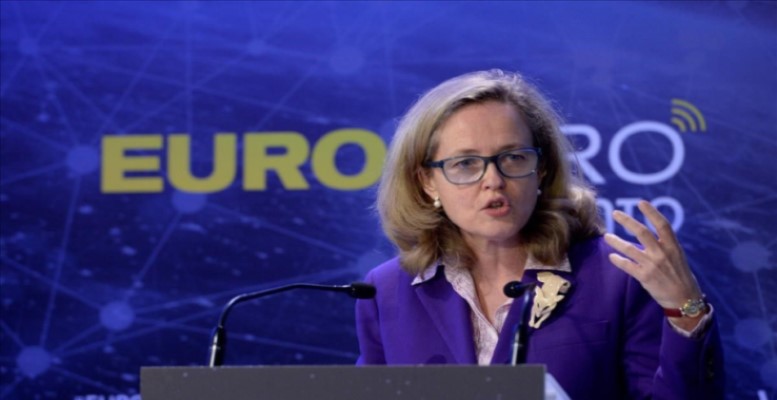The European Commission officially advocates maintaining the suspension of fiscal rules in 2023. However, it warns that Spain is dragging serious “vulnerabilities” with “cross-border relevance” and fears that public indebtedness will be higher in 2026 than in 2021.
“Spain is experiencing imbalances,” the European Commission warned yesterday as it released its spring package of recommendations. It warned that its “vulnerabilities relate to high external debt, public and private, in a context of high unemployment, and have cross-border relevance”. Brussels fears, in fact, that despite the gradual consolidation of deficits and debt over the past year, the absence of measures will eventually push government indebtedness above 2021 levels by 2026. Although the Commission yesterday officially proposed keeping fiscal rules on hold for another year, it called on the country to exercise restraint in spending and fiscal prudence in the short term, to pave the way for the budgetary consolidation it will have to undertake once the economic recovery has taken hold.
Spain’s public spending to cope with the pandemic, coupled with the biggest economic contraction since the Civil War and the impact on public revenues, pushed the country’s public deficit from 3% to 10.3% in 2020, when debt jumped from 95.5% to 120%. Since then, the reduction in the health bill and the rebound in GDP have helped to bring the deficit down to 6.9% in 2021 and the debt to 118.4%. The Commission recognises this improvement and even considers the Stability Programme submitted by the government to be “realistic”. There it commits to reducing the budget imbalance to below 3% by 2025, when debt would be reduced from 110%. However, it sees shadows on the horizon that call for more caution and considers it likely that if no action is taken, debt will end up higher in 2026 than it is today.
As a result, the EU calls on the Spanish government to “ensure prudent fiscal policy” in 2023. “In particular by limiting the growth of domestically financed current expenditure to below potential output growth in the medium term, taking into account the continued temporary and targeted support to households and firms most vulnerable to energy price hikes and to people fleeing Ukraine”. Moreover, the European Commission calls on the country to be prepared to “adjust current spending to the evolving situation”.
“For the period beyond 2023”, Brussels continues, the Spanish government should establish policies aimed at “achieving prudent fiscal positions” and “ensuring a credible and gradual reduction of debt”, promoting progressive consolidation.
Furthermore, Brussels calls on Spain to increase its recycling rates, reduce its dependence on fossil fuels and increase its capacity for energy self-consumption. In this framework, it calls for “additional investment in storage, grid infrastructure, electrification of buildings and transport and renewable hydrogen”.





